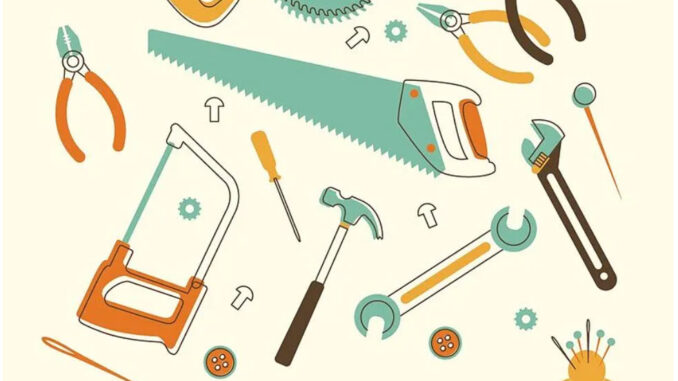
Introduction
I recently read the book “The Culture of Repair” by Wolfgang M. Heckl. The topic and the core message also apply to Application Lifecycle Management. Anyone who no longer understands the basics and relations will soon feel lost.
Die Kultur der Reparatur
The topic of Application Lifecycle Management (ALM) begins with the purchase of an IT solution, just as it begins with the purchase of a product such as a radio and subsequent commissioning, setting, maintenance, troubleshooting and repair. If you like, then basically every object has a lifecycle.
Making complex contexts and relationships visible
ALM makes it possible to make the connections between different, sometimes separate, disciplines transparent and to show the dependencies.
Of course, it may be faster for a developer to carry out the error analysis directly in the system using the debugger (/h) or to analyze the structure of the coding in the SE80. However, a developer delves deeply into his “area of expertise”. Overarching connections from the code to the function to the process and the original requirement that led to the faulty function are often very difficult or almost impossible to understand.
This is exactly where the topic of ALM helps to resolve such relationships and to provide crucial information in such a situation.
- What was the original requirement?
- How was the requirement realized?
- Which elements and objects (parts) exist?
- Who is/was responsible for implementation?
- Where can I find further documentation?
By means of a comprehensible chain from the requirement, through development to testing, to deployment and operation, the entire chain becomes comprehensible and its relationships are transparent.
Relationships
Circular Economy
The circular economy is a model of production and consumption in which existing materials and products are shared, leased, reused, repaired, refurbished and recycled for as long as possible. This extends the life cycle of the products (EU Parlament, 2023).
The same model deserves to be applied in IT for technology and in business for business processes. Many business models and products only become really good with continuous development. Here too, the life cycle of a solution, program or process can continue for many system generations. Of course with appropriate maintenance and further development.
Circular Economy
As an analogy, this fits perfectly with the topic of Appplication Lifecycle Management.
Application Lifecycle Management
Planned obsolescence
This term means that devices break prematurely or at a certain point in time. It is a “throwaway economy”. This model relies on large amounts of cheap, easily accessible materials and energy. There are now laws here that prohibit such business models.
Sustainable software development is regularly subjected to so-called refactoring. The goal of refactoring is to improve the code through many small changes. This means that software remains maintainable in the future.
Relationships in SAP Cloud ALM
What I like about SAP Cloud ALM is that relationships can be created and evaluated across multiple elements. This enables targeted traceability and verifiability. Both are extremely valuable in creating understanding and transparency.
Relationships in SAP Cloud ALM
Conclusion
Everyone can do something for the culture of repair. Even many small improvements lead to big successes. Many key learnings from the book “The Culture of Repair” can be applied meaningfully and profitably in projects and in operations. Therefore, this analogy fits perfectly with the topic of Application Lifecycle Management ALM.






Be the first to comment